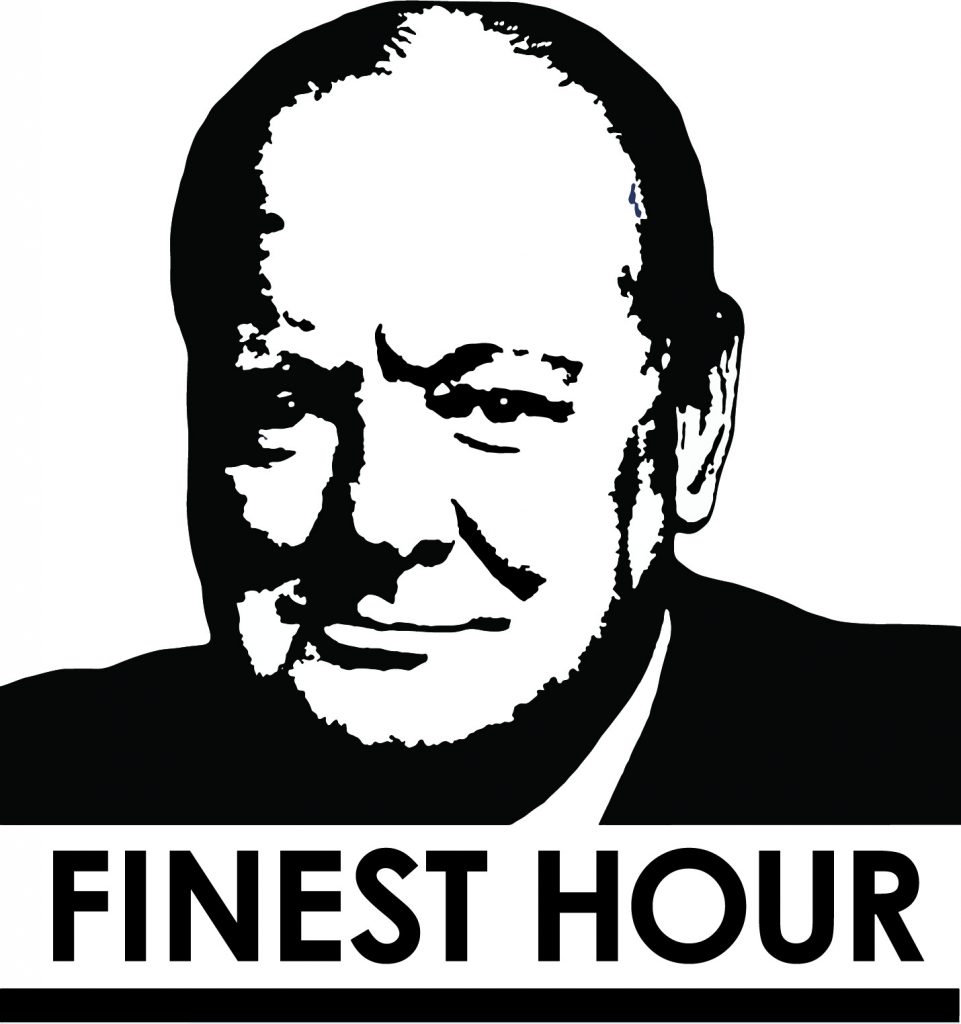
Finest Hour 183
From The Editor – Finest Hour 183

June 3, 2019
Finest Hour 183, First Quarter 2019
Page 05
By David Freeman, October 2018
Winston Churchill worked with many people in various capacities, from soldiers serving together in the field and cabinet colleagues to those who worked to support his career as a Member of Parliament and professional writer. He also employed a wide variety of domestic staff over the course of his long life. In this issue we look at a cross section of these associates and their remarkable stories.
Churchill employed many “young ladies” as secretaries to take dictation at all hours and type up the results as he wrote his books and prepared his speeches. Cita Stelzer examines Churchill from the perspective of these remarkable women, who found their time serving the Greatest Briton to be trying, tiring, and exhilarating all at once.
One young lady who worked for Churchill during the war was his own daughter Sarah. She served her father not as a secretary, however, but as his aide-de-camp when he travelled to Teheran in 1943 and to Yalta in 1945 to meet with Stalin and Roosevelt. Catherine Grace Katz, who is writing a book due out next year to be called The Daughters of Yalta, shows us Churchill from Sarah’s perspective.

2024 International Churchill Conference
Another who accompanied Churchill on his wartime travels— all of them in fact—was his personal bodyguard Walter H. Thompson. Fred Glueckstein tells us about Thompson and Churchill’s second longest serving bodyguard, Edmund Murray, as well as two others who guarded the Prime Minister.
On the domestic side, another stalwart servant of Churchill was his cook Georgina Landemare. Food historian Annie Gray profiles Mrs. Landemare, who served the Churchills off and on in peace and war. Also on the Chartwell front is the previously unexamined story of the men and women who looked after Churchill’s menagerie of pets. Piers Brendon, author of the newly-published Churchill’s Bestiary, catalogs just some examples, including fish and fowl.
One person who worked for Churchill in a way that is not always appreciated was Lord Woolton, the Cabinet Minister who oversaw rationing during the war. After 1945, however, Woolton became Chairman of the Conservative Party and successfully rebuilt it into the machine that propelled Churchill back into Downing Street in 1951. Iain Carter introduces us to Woolton and explains how he did it.
Subscribe
WANT MORE?
Get the Churchill Bulletin delivered to your inbox once a month.


